According to Kardemir’s report, the company’s 2024 export target focuses on high value-added products such as railway rails, wheels, wheelsets, billets, SBQ, and profile products, with sales aimed at the European Union as well as the Middle East, North Africa, and South America.
In 2023, Kardemir’s main export markets included Greece, Kosovo, Georgia, Serbia, Bulgaria, Romania, Slovakia, Germany, Poland, and the Czech Republic. In 2024, Ukraine, Azerbaijan, Afghanistan, and Algeria were added to this list.
Data shows that in 2023, Kardemir exported a total of 26,900 tons, including 16,279 tons of profiles, 3,992 tons of rails, 4,655 tons of wheels, and 1,981 tons of SBQ. In 2024, exports reached 36,228 tons, comprising 10,162 tons of profiles, 17,726 tons of rails, 4,160 tons of wheels, and 4,180 tons of billets, generating $33 million in revenue and representing a 34% increase in export volume compared to 2023.
For 2025, Kardemir aims to increase sales of high value-added products by participating in domestic and international railway and infrastructure tenders, and as Türkiye's sole railway wheel producer, to establish strategic partnerships in international markets.
“Combining our sustainability vision with production strength”
Kardemir Board Chairman Muhammed Ali Oflaz commented in the report:
“As the Kardemir family, we continue to create added value for our country and sector by combining our sustainability vision with production strength and environmental responsibility. In the era of the ‘Türkiye Century,’ the second century of our Republic, we are committed to generating long-term value not only economically, but also environmentally and socially.
In a global agenda shaped by climate crisis, resource efficiency, energy transition, and geopolitical risks, we believe that ESG-based approaches will also influence financial assessments. In this context, in 2024 we enhanced our sustainability policies, prioritizing transparency and accountability in line with the Türkiye Sustainability Reporting Standards (TSRS).”
Oflaz emphasized that Kardemir’s environmentally conscious production approach, digitalization investments, and focus on human resources have built a strong structure targeting not only the present but also future generations.
“Focused on long-term impact”
Kardemir CEO Dr. Dursunali Yaşacan highlighted the company’s 2024 sustainability achievements:
“In 2024, in line with our vision to carry our deep-rooted industrial heritage into the future, we continued to place sustainability at the center of all our operations. In a new industrial era shaped by the climate crisis, energy security, digital transformation, and societal expectations, we focused on creating long-term impact across every stage of our value chain by combining production strength with environmental and social responsibility.”
Yaşacan noted that internal processes were transformed under TSRS guidance, with 330.7 million TL allocated to environmental investments, 137,645 tons of hazardous waste and 7,478 tons of non-hazardous waste managed, and approximately 601 million m³ of water reused in closed-loop systems, achieving over 96% water recovery.
Energy management projects resulted in savings of 1,018,125 GJ, while digital production monitoring systems and energy control panels improved operational efficiency.
“These systems allow us to manage not only operational efficiency but also our environmental impact more effectively,” Yaşacan said, adding that significant steps were also taken in employee development, occupational health and safety, and community engagement.
2024–2028 Strategic Plan: Green steel-focused growth
Under the 2024–2028 Strategic Plan for sustainable growth, Kardemir focuses on innovative technologies, production optimization, financial resilience, and green steel strategies.
The plan targets reducing energy intensity, transitioning to renewable energy, accelerating digital transformation, and strengthening corporate risk management systems. The company also aims to enhance corporate reputation by developing policies that promote social justice and equality, and increasing sustainable collaborations with public institutions, universities, and NGOs.
The report highlights progress in reducing greenhouse gas emissions, with 2024 crude steel emissions recorded at 2.35 t CO₂e/ton in Scope 1 and 0.10 t CO₂e/ton in Scope 2.
Energy efficiency projects in focus
In 2024, Kardemir completed 17 investment projects aimed at energy efficiency and infrastructure enhancement. These included:
-
Replacing cooling tower fans with carbon fiber fans, saving 1,092,412 kWh/year
-
Replacing service water pumps, saving 814,680 kWh/year
-
Replacing condensate pumps, saving 46,603 kWh/year
Kardemir produced 2.51 million tons of crude steel in 2024, consuming 57,759,140 GJ of direct energy. Energy intensity reached 23,000 GJ/ton of crude steel, showing a decrease compared to the previous year.


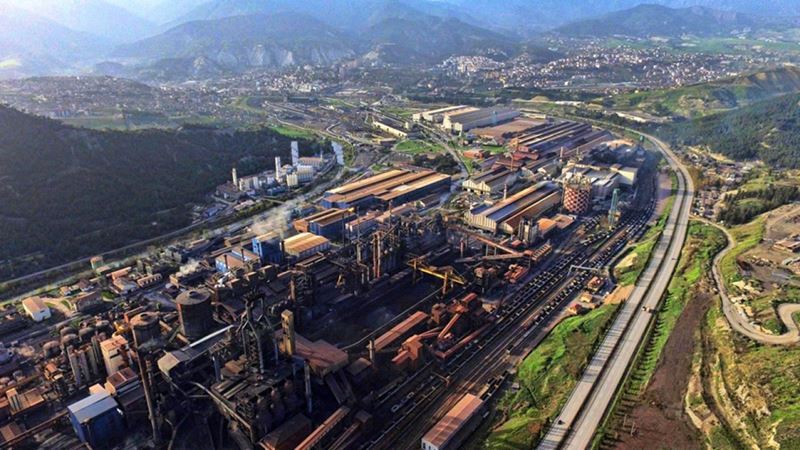
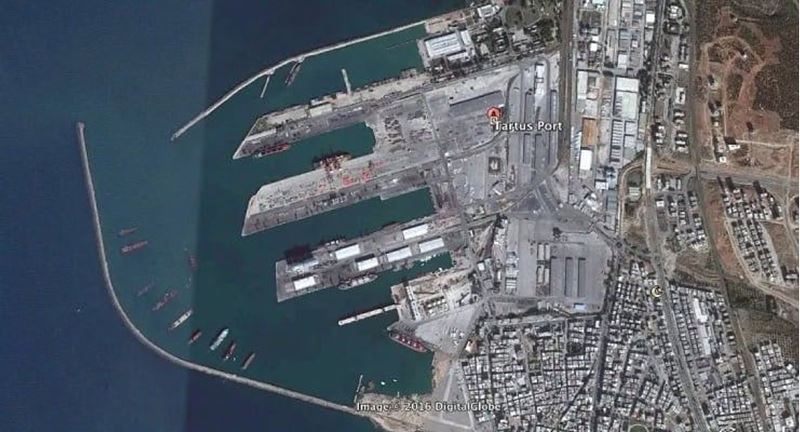
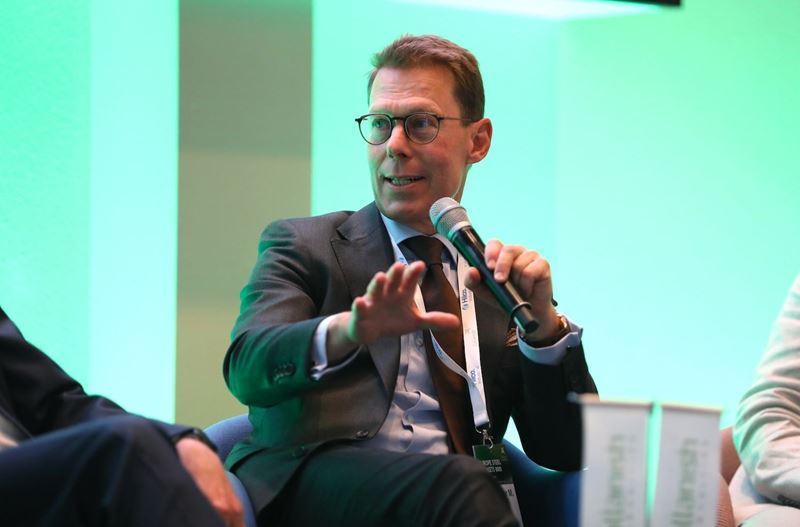
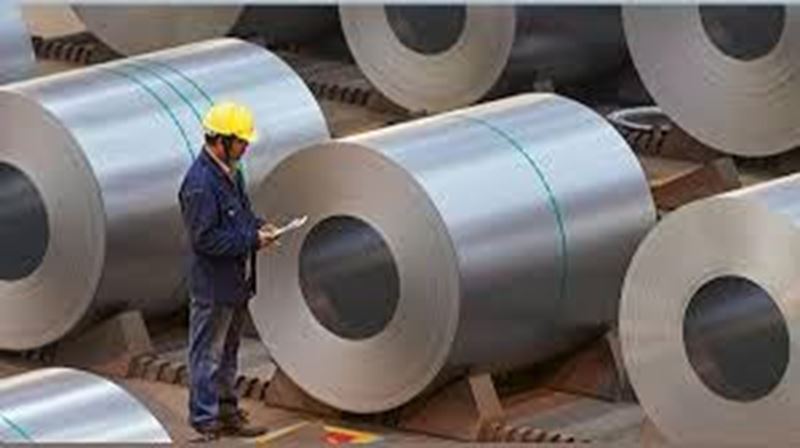
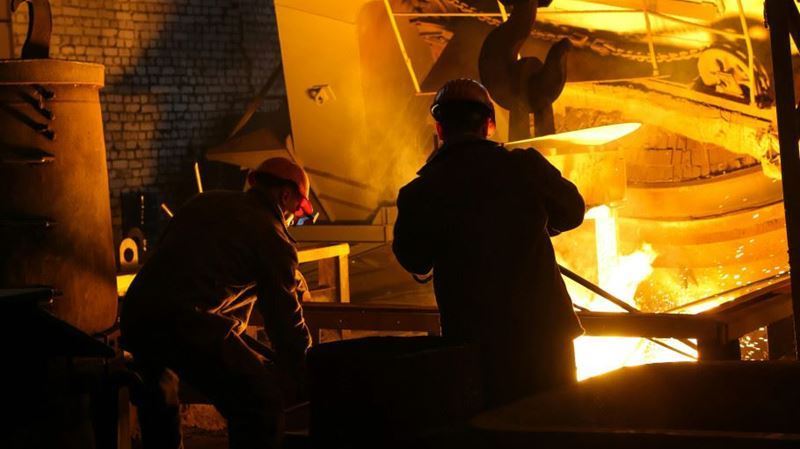



Comments
No comment yet.